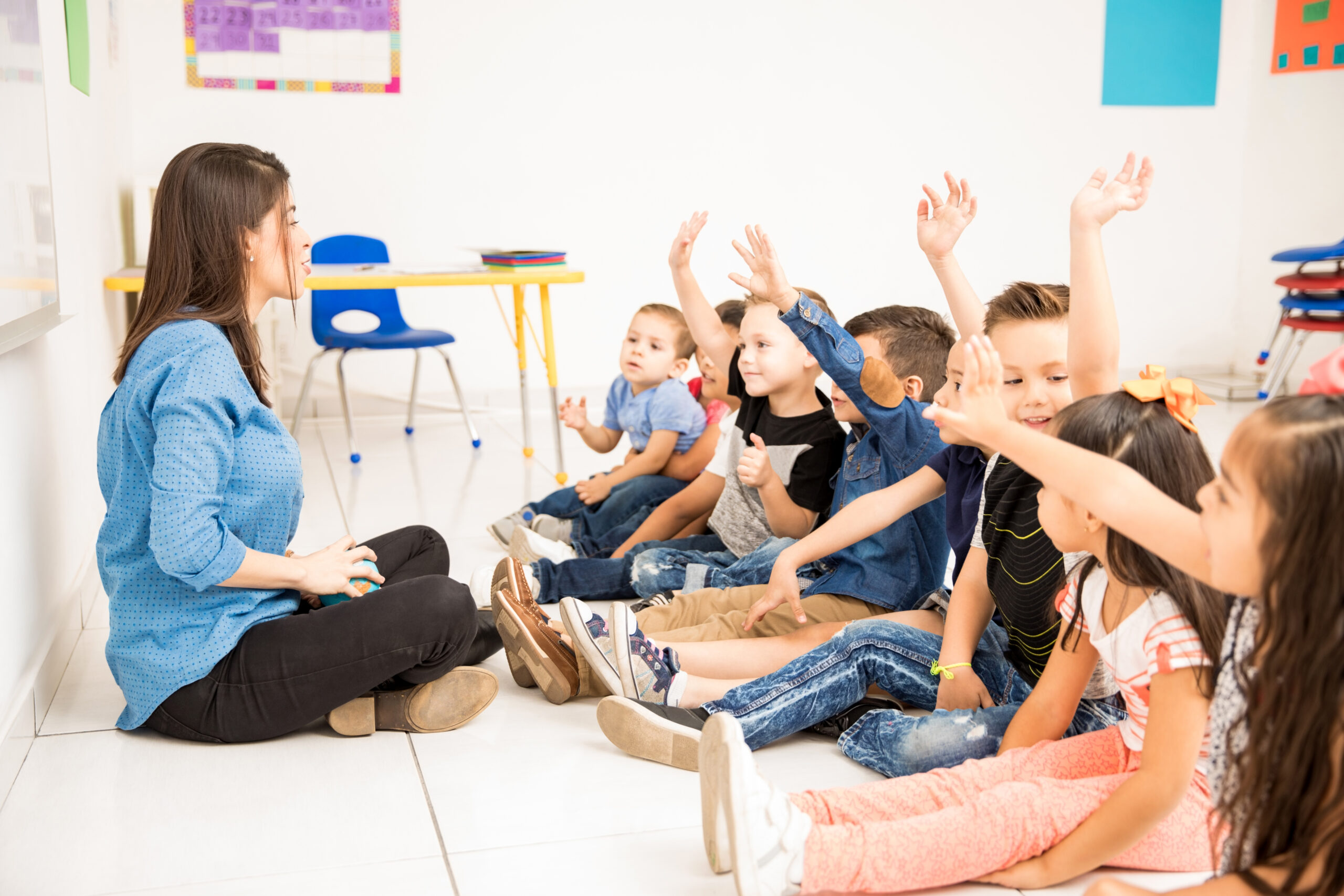
When it comes to laying the foundation for your child’s educational journey, choosing the right preschool is of paramount importance. In today’s interconnected world, the term “International School” has gained significant traction among parents seeking a holistic and globally-minded education for their young ones.
In this article, we will explore the key factors to consider when deciding between an International School and a traditional preschool, ensuring that you make an informed choice that aligns with your child’s needs and future aspirations.
Understanding the Buzz: What is an International School?
In recent years, the concept of International Schools has grown in popularity, owing to its commitment to creating a broad and all-encompassing learning environment. These schools follow globally renowned curricula, typically the International Baccalaureate (IB) or Cambridge curriculum, which has been methodically designed to provide young learners with a global perspective.
International School refers to educational institutions that place importance on cultural interchange, language learning, and the development of an all-inclusive education. This emphasis fosters an environment in which students can develop an inclusive worldview, preparing them for a future in which interconnection is essential.
Curriculum and Approach
Curriculum and teaching style distinguish International Schools from ordinary preschools. International schools notably showcase a curriculum that covers a broader range of courses, including languages, arts, and social sciences, providing a well-rounded education.
This personalized approach strives to provide pupils with a diverse skill set, preparing them for a world that lives on interconnectedness. International Schools equip their students with the necessary abilities to negotiate the challenges of our internationally intertwined society by developing cross-cultural dialogue and embracing diversity.
Language Proficiency and Cultural Exposure
Language skills and cultural enrichment are essential components of International Schools. These institutes frequently devote themselves to fostering linguistic proficiency and cross-cultural acquaintance. Students can learn many languages by enrolling in bilingual or trilingual programs.
Furthermore, the diversified student body found in International Schools serves as a doorway to many cultures, promoting an open-minded perspective and global consciousness in young minds. This experience not only promotes a profound appreciation for variety, but it also provides students with the tools they need to succeed in an interconnected world where intercultural communication is a critical advantage.
Resources and Facilities
International Schools set themselves apart with cutting-edge amenities, cutting-edge technology, and a varied choice of extracurricular opportunities, all of which work together to create a well-rounded educational journey.
These materials act as catalysts for enriching a child’s learning journey, providing opportunities to explore a wide range of interests and hone abilities that transcend beyond traditional classroom bounds.
From science laboratories outfitted with cutting-edge technology to creative arts studios that encourage self-expression, International Schools foster holistic growth, allowing children to thrive both academically and personally.
Teacher Qualifications
International schools lay a strong emphasis on hiring educators with different backgrounds and international experience. These specialists have a strong understanding of cross-cultural communication, which adds a unique enriching flavor to the learning environment. These teachers promote an environment in which global insights blend smoothly with academic advancement by bringing distinct viewpoints to the table.
This purposeful emphasis on employing qualified and globally minded educators ensures that your child is immersed in a high-caliber educational environment that crosses regional boundaries. As a result, students receive a well-rounded, intercultural education that provides them with not only information but also the ability to succeed in an increasingly interconnected world.
Traditional Preschools: A Tried and True Approach
While International Schools offer numerous advantages, traditional preschools also hold their own merits. Traditional preschools often focus on local curriculum standards, which can provide a strong foundation in the native language and culture. For parents who value a strong connection to their cultural roots, traditional preschools can be an appealing choice.
Community and Familiarity
Traditional preschools are frequently rooted in the local community, generating a profound sense of connection and familiarity for both young learners and their families. This profound connection evokes feelings of comfort and inclusion, creating an atmosphere in which youngsters thrive among the warmth of a close-knit community.
This local tie is crucial for families seeking an education that not only transmits knowledge but also incorporates cultural history and shared values. In these traditional settings, students embark on an educational path that is grounded in their surroundings, creating a foundation that balances academic advancement with a true feeling of identity and interconnectedness.
Key Takeaway
International School offers a comprehensive global perspective, while traditional preschools provide a strong connection to local culture and community. By carefully considering factors such as curriculum, language proficiency, resources, and teacher qualifications, you can make an informed choice that sets your child on a path to success, growth, and happiness.

